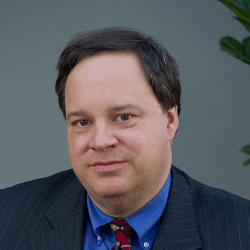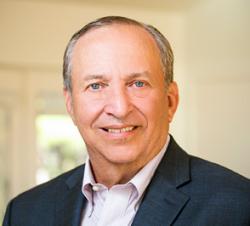The Brookings Institution is committed to quality, independence, and impact.
We are supported by a diverse array of funders. In line with our values and policies, each Brookings publication represents the sole views of its author(s).

Research
BPEA | 1992 No. 2

1992, No. 2
PRODUCTIVITY GROWTH is the important dimension of long-run economic performance. Yet economists have said relatively little about how policies affect the transcendently important long-run growth rate. Textbook theories of the type pioneered by Robert M. Solow maintain that policies cannot affect growth rates over a sufficiently long run. The growth-accounting tradition of Robert M. Solowl and Edward F. Denison has tended to conclude that most of the differences in growth are due not to differences in measured investments, but to a “residual,” total factor productivity (TFP). Such models produce what Solow calls “investment pessimism”: radical policy changes that have large effects on investment and other resource allocations have little effect on long-run growth.